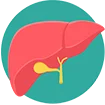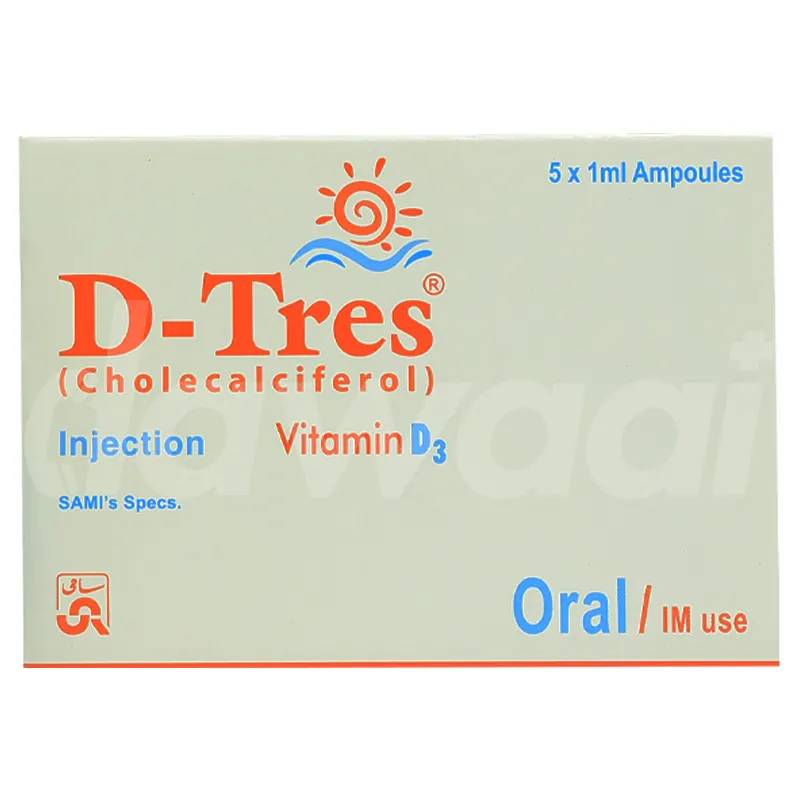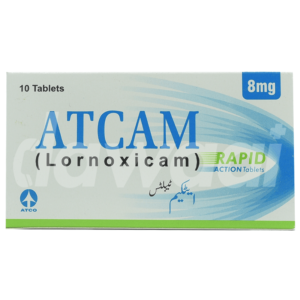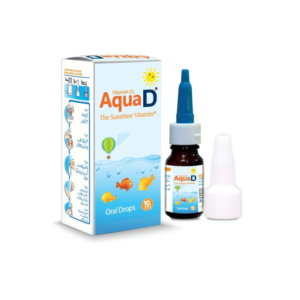Introduction
How To Use
- Take this medicine by mouth with a glass of water.
- Take this medicine with or without food.
- Swallow it as a whole, do not crush or chew the medicine.
- Take it at the same time every day to help you remember.
- Or use it exactly as instructed by your doctor.
Expert Advice
- Preferably take this medicine after meals.
- Chew the chewable-tablets or wafers thoroughly before swallowing.
- Please keep a gap of 2 hours or more for bile acid sequestrants such as cholestyramine, if you are taking any.
- If you are taking other medications, please take this medicine at bedtime.
Primary Uses
Vitamin D Analogue
Indications
This medicine is used to treat the following:
Oral Form:
Vitamin D deficiency due to decreased formation, malabsorption or liver disease, Hypocalcemia (decreased calcium levels) due to decreased parathyroid gland activity, or renal osteodystrophy (kidney) disease or disorder.
Injection Form:
Vitamin D deficiency due to rickets (weak bones in children), osteomalacia (softening of bones), spasmophilia (impaired calcium utilization), Paget’s disease (bone disease), osteoporomalacia (bone abnormality), and Fanconi syndrome (kidney disorder characterized by excretion of a substance in urine normally absorbed).
Side Effects
You may experience the following:
- Increased calcium levels in the blood.
- Increased levels of calcium in urine.
- Itching, hives, or rash on the skin.
- Confusion.
- Constipation.
Warnings
 Pregnancy
Pregnancy
The effects are undetermined; therefore, caution is advised. Consult your health care provider before use of this medicine.
 Lactation
Lactation
The effects are undetermined; therefore, caution is advised. Consult your health care provider before use of this medicine.
 Driving
Driving
This medicine may cause dizziness during driving. Therefore, please avoid driving immediately after taking this medicine.
 Liver
Liver
Liver patients should use this medicine with caution. Dose adjustment might be required. Consult your doctor for more information.
 Kidney
Kidney
Kidney patients should use this medicine with caution. Dose adjustment might be required. Consult your doctor for more information.
 Alcohol
Alcohol
Avoid alcohol consumption when using this medicine. It may increase the severity of side effects.
 Precautions
Precautions
Before using this medicine, inform your doctor about your complete medical history, especially about heart disease, kidney diseases, and diabetes. This medication should be used with care in patients with cardiovascular (heart and blood vessel diseases). Use cautiously in patients with osteoporosis as it may cause immobilization. Do not discontinue this medicine without informing your doctor. Inform your doctor about all your current medicines and significant past medical history. Inform your doctor if you are undergoing any surgery.
Contraindications
- If you have a high level of calcium in your body, Cholecalciferol is not indicated. This medicine may cause the calcium levels in your blood to rise even higher, aggravating your condition.
- If you have an unusually high level of Vitamin D3 in your body, Cholecalciferol is not suggested. In such situations, taking this medicine may result in harmful buildup in your body.
- If you are hypersensitive to Cholecalciferol, you should avoid using it.
- If you have kidney stones, you should avoid using Cholecalciferol. This medicine may
- increase your chances of developing stones, worsening your condition.
FAQS
Can I use this medicine for a long-term treatment?
Do check plasma levels of calcium and phosphate regularly. In long term treatment monitor serum and urinary calcium levels and renal function.
Do I have to be careful if I am taking this medication?
Yes, give a gap of 2 hours or more between doses of bile acid sequestrants such as orlistat or cholestyramine and mineral oil.
When do I contact my prescriber?
Contact your prescriber if there is nausea, vomiting, constipation, loss of appetite, increased urination, mental or mood changes.
Are there any interaction of this with other medications?
Yes, this medication can interact with barbiturates, anticonvulsants, danazol, digitalis, thiazides and antacids.
What is the recommended dosage in adults and children?
For simple vitamin D deficiency in adults and children 10mcg (400) units daily should be used.
Disclaimer
Dawaai’s intention is to make sure that it’s consumers get information that is accurate, reviewed by an expert and error-free. However, the information mentioned here should not be used as a replacement for the advice of a qualified physician. The information given here is for informational purposes only, which may not cover all possible precautions, side effects, contraindications or drug interactions. Consult your doctor and discuss your queries related to any medicine or disease.





Reviews
There are no reviews yet.